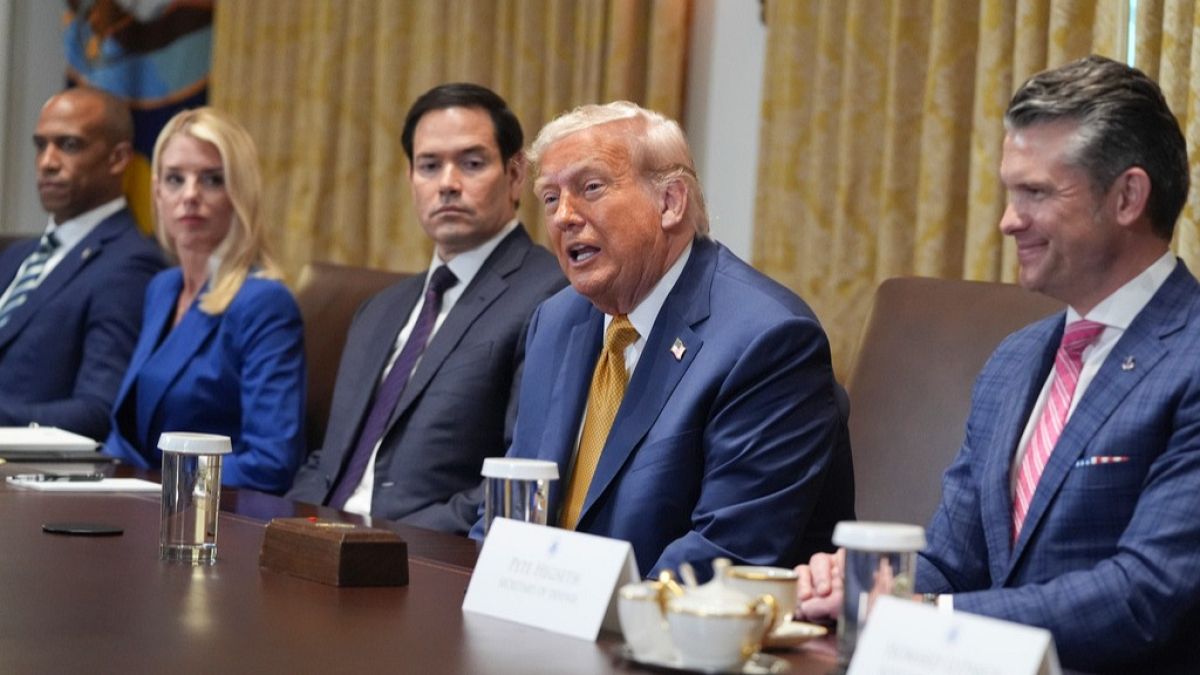

In the evolving landscape of global diplomacy and international relations, recent developments illustrate the intricate web of policies and dialogues shaping our world. The interplay between government decisions, diplomatic efforts, and international cooperative funds is more apparent than ever, with recent actions by the Trump administration, European Union, and United Nations drawing significant attention.
The Trump administration recently made a notable shift by retracting a pledge that tied Federal Emergency Management Agency (FEMA) funds to state-level policies concerning Israel. Originally, a clause was set to demand states maintain commercial ties with Israel and its companies for eligibility to federal emergency aid. However, following considerable criticism, this condition was quietly removed. This decision underscores the complex balance governments must navigate between foreign policy alignment and domestic matters, highlighting a mindful approach to addressing both national and international expectations.
Across the Atlantic, the European Union continues its careful diplomatic engagement over tensions in Gaza. Despite ongoing conflict, EU diplomats have decided against imposing sanctions on Israel at this time. This stance comes as several member states, including significant players like Germany and Italy, emphasize the importance of maintaining a dialogue. Their approach conveys a commitment to peaceful discussions while opting to keep diplomatic channels open. This strategy reflects a broader European preference for resolution through conversation and cooperation over punitive measures, aiming to maintain stability and foster mutual understanding.
In another corner of the globe, the United Nations faces challenges with its diplomatic efforts in Cyprus. Colin Stewart, the UN Secretary General’s Special Representative, expressed discontent with the progress in negotiations between the Cypriot parties. This disappointment highlights the complexities and nuanced challenges of mediating long-standing disputes. Despite the current stagnant state of dialogue, Stewart’s concerns echo the broader international community’s desire for resolution and peace, emphasizing the importance of continued engagement and effort from all parties involved.
Together, these scenarios depict a world where diplomatic and financial strategies intertwine, with each organizational and governmental decision impacting lives on both local and global scales. As countries and representatives work towards common goals of stability and cooperation, their actions reflect a mindful commitment to navigate complexities with care, patience, and hope for sustainable peace.
Ultimately, the landscape of international relations remains a dynamic puzzle, requiring constant adaptation and thoughtful discourse. Through these recent developments, we see the emphasis on dialogue and strategic compromise that underscores global diplomacy, nurturing a world where differences are navigated with poise and understanding.
Source: {link}
